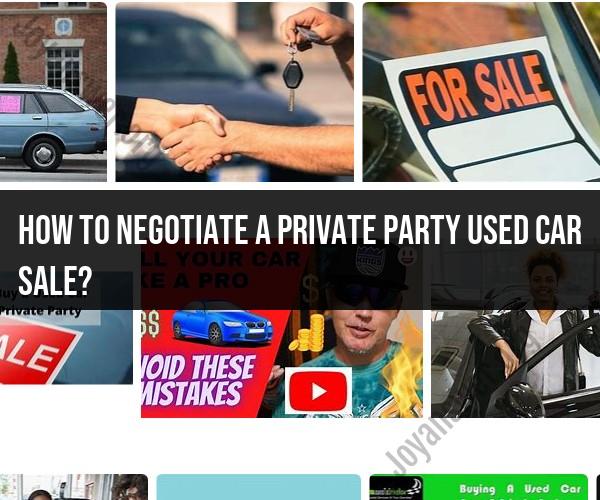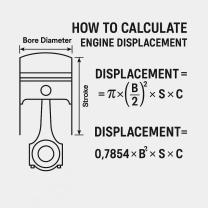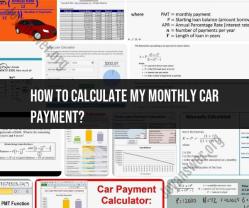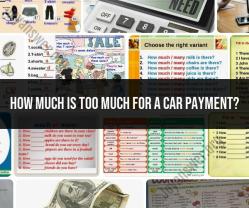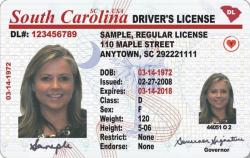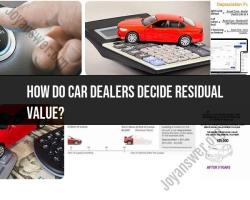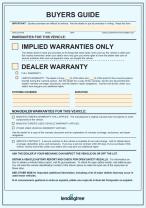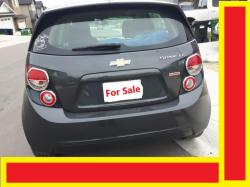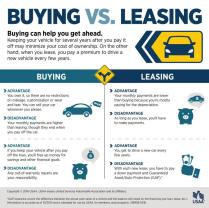How to negotiate a private party used car sale?
Negotiating a private party used car sale can be a bit different from buying from a dealership, as you'll be dealing directly with the car's owner. Here are some tips and tactics to help you negotiate a fair deal:
Research the Market:
- Before you even start negotiating, research the make, model, and year of the car you're interested in. Understand its market value, considering factors like mileage, condition, and any additional features.
Set a Budget:
- Determine how much you're willing to spend, including taxes, registration, insurance, and potential repair costs.
Inspect the Car:
- Always inspect the car thoroughly, or better yet, have a trusted mechanic conduct a pre-purchase inspection. Note any issues or needed repairs, as these can be valuable negotiation points.
Bring Documentation:
- Have a copy of your budget, the car's market value, and any inspection reports with you. This shows the seller that you've done your homework.
Be Courteous and Polite:
- Establish a good rapport with the seller from the start. Being polite and respectful can go a long way in negotiations.
Start with a Lower Offer:
- Begin your negotiation with an offer slightly below your target price. This gives you room to increase your offer during the negotiation.
Listen Actively:
- Pay attention to the seller's responses and concerns. They might reveal why they're selling the car or if they're willing to negotiate.
Use Empathy:
- Understand the seller's perspective and empathize with their reasons for selling. This can help build a positive rapport.
Point Out Issues:
- If you found any issues during your inspection, point them out to the seller. This can be used to negotiate a lower price or request repairs.
Highlight Benefits:
- Emphasize the benefits of buying the car from you. Highlight positive aspects like low mileage, maintenance records, or recent upgrades.
Don't Rush:
- Be patient. Negotiation may take time, and you can use the waiting period to your advantage.
Negotiate in Person:
- Whenever possible, negotiate face-to-face. This allows for better communication and understanding.
Offer a Fair Price:
- Make sure your final offer is reasonable, considering the market value and the car's condition.
Don't Be Afraid to Walk Away:
- If the seller is not willing to meet your budget or is unwilling to address important concerns, be prepared to walk away. This can sometimes prompt the seller to reconsider their position.
Be Prepared for a Counteroffer:
- The seller may counter your initial offer. Be ready to adjust your price accordingly or offer non-monetary incentives, like a quick sale or flexible payment terms.
Discuss Payment and Transfer Details:
- Once you've agreed on a price, work out the payment method and transfer of ownership. Ensure you have a written agreement and a bill of sale.
Be Cautious with Payment:
- When making payment, consider using a secure method like a cashier's check or going to the seller's bank to complete the transaction. Avoid cash transactions when possible.
Check Title and VIN:
- Verify the title and Vehicle Identification Number (VIN) to ensure they match the information provided by the seller.
Remember that negotiation is a two-way process. Both parties should be satisfied with the final agreement. Approach the process with respect and transparency, and be willing to compromise when it's reasonable to do so.
Negotiating a Private Party Used Car Sale: Tips and Tactics
Negotiating a private party used car sale can be a daunting task, but it doesn't have to be. By following these tips and tactics, you can increase your chances of getting a great deal on the car you want.
Building Rapport and Trust with Private Sellers
The first step to negotiating a successful private party used car sale is to build rapport and trust with the seller. This means being friendly, polite, and respectful. It also means being honest and upfront about your intentions.
Here are a few tips for building rapport and trust with private sellers:
- Be prepared to answer questions about your budget, needs, and driving habits.
- Be honest about your thoughts on the car. If you like it, tell the seller. If you have any concerns, be honest about those as well.
- Be respectful of the seller's time. Don't waste it by showing up late or by asking for multiple test drives.
Price Haggling and Terms Negotiation in Private Car Deals
Once you've built rapport and trust with the seller, you can start negotiating the price and terms of the sale. Here are a few tips:
- Do your research before you start negotiating. Know what the car is worth and be prepared to walk away if you can't get a good deal.
- Start low and be willing to compromise. Don't expect to get the car for your asking price.
- Be prepared to walk away if you can't reach an agreement. The seller may be more willing to negotiate if they know you're serious about buying the car.
Inspection and Test Drive Strategies for Buyers
Before you buy a used car, it's important to have it inspected by a mechanic. This will help you identify any potential problems with the car.
Here are a few tips for inspecting and test driving a used car:
- Take the car for a test drive on a variety of road conditions.
- Pay attention to how the car handles and performs.
- Be on the lookout for any unusual noises or smells.
- Have the car inspected by a mechanic before you buy it.
Finalizing the Sale and Protecting Your Interests
Once you've reached an agreement with the seller, it's time to finalize the sale. Here are a few tips:
- Get everything in writing. This includes the price, terms of the sale, and any other important details.
- Make sure the title to the car is transferred to your name.
- Purchase gap insurance if you're financing the car. This will protect you if the car is totaled in an accident and you owe more on the loan than the car is worth.
By following these tips and tactics, you can increase your chances of getting a great deal on the used car you want.
